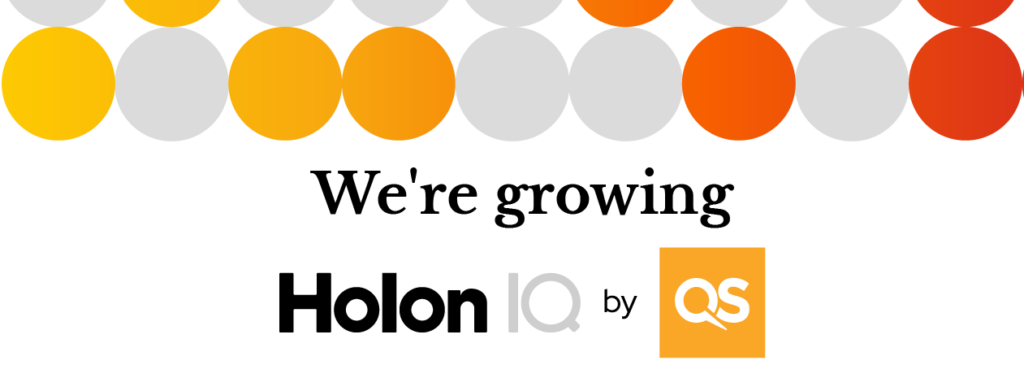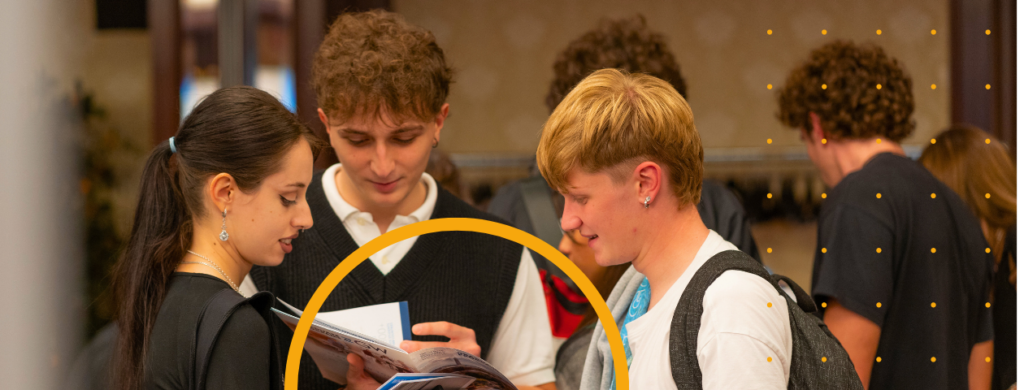
Despite a decline in MBA interest, business schools are quickly trying to adapt to the evolving demands of a new generation of students. Article written for QS Insights Magazine by Seb Murray.
In the wake of the COVID-19 pandemic, MBA programmes worldwide experienced a surge in applications as individuals sought shelter from economic uncertainty. However, recent trends show a surprising decline in MBA interest, challenging long-standing assumptions about the relationship between economic downturns and the demand for business education.
In 2020, as the coronavirus spread globally, many individuals turned to MBA programmes because of the uncertainty surrounding job security and career advancement. Business schools responded by adapting their offerings to accommodate the shifting landscape, including virtual classrooms and relaxed admissions requirements.
However, this initial spike in demand has petered out.
According to data from the QS International Student Survey, to be published in a report later this year, before the pandemic, in the academic year 2019-2020, there were, on average, 1,499 applications received by US business schools. During the peak of the pandemic in 2020-2021, applications surged to 1,963. Then, in 2021-2022, applications declined to 1,465.
“We saw a surge in 2020 when COVID peaked because MBA demand has traditionally been counter-cyclical to the economy and job stability. This mirrored the MBA demand surge we saw just after the financial crisis in 2008,” says MBA admissions consultant Stacy Blackman, based in the USA.
“In the post-COVID honeymoon, when we saw the Great Resignation and employers desperate to attract new talent in 2022, we saw a decrease in client volume and overall MBA demand,” she adds.
And yet, despite recent layoffs across multiple industries and recession predictions, there has been no sharp increase in MBA interest as many people expected. That comes as a surprise.
Why the deviation?
Traditionally, the demand for MBA programmes has been counter-cyclical, meaning that during times of economic turmoil, there is an increase in applications as individuals seek to enhance their credentials and improve their job prospects.
However, the latest figures from QS suggest that this long-established link between economic contraction and higher MBA demand is being challenged. Several factors help explain this deviation from the norm.
One is the changing nature of work and career paths in the post-pandemic era. The rise of remote work and the acceleration of digital transformation are leading many individuals to pursue alternative avenues for skill development and career advancement, as they do not want to put their careers on hold.
The growing emphasis on specialised master’s programmes and online certifications has also provided individuals with viable alternatives to traditional MBA programmes. These offerings often provide targeted skill development in specific areas of expertise, often offering a more streamlined and cost-effective option.
Additionally, the financial burden associated with pursuing an MBA has become a significant deterrent for many prospective students. The rising cost of tuition, coupled with concerns about student loan debt, has led some individuals to reassess the return on investment of an MBA degree, particularly in light of uncertain job prospects and economic instability.
“It’s hard to imagine a more interest-rate sensitive demographic than MBA applicants. They’re a financially savvy bunch who know that every additional point of interest on their student loans dramatically changes the value proposition of the degree,” says Alex Collazo, from admissions consulting firm Admissionado.

Faced with these challenges, business schools are not standing still; they’re adapting their programmes to meet the evolving needs of students and employers alike. Many institutions have introduced new offerings, such as specialised master’s programs and flexible learning formats, to appeal to a diverse range of applicants.
For example, Warwick Business School in the UK has launched the Accelerator MBA in London to help early to mid-career professionals progress in their careers without having to take significant time out. The programme offers a blended approach, combining online and face-to-face learning and networking opportunities.
“It is difficult to predict how sustainable this trend will be,” says Dimitrios Spyridonidis, course director of the Accelerator MBA at Warwick, of the rising demand for these flexible MBA options.
“Future MBA candidates will be digital natives who studied at school or university during COVID-19,” he adds. “However, this does not necessarily mean they will want to complete all of their studies online. They may prefer a hybrid option and it is important that business schools offer this.”
Spyridonidis adds that “we have yet to see what AI can offer online students but, for the foreseeable future, it might be difficult to fully replace the intimacy of face-to-face learning with alternative options. Therefore, we may see growing demand for short courses that are delivered online, with some MBA students continuing to prefer more face-to-face teaching”.
“Long term, we project that business schools will diversify their offerings, such that the most elite schools continue to populate C-suites with robust, generalist two-year MBA graduates, while less prestigious schools fill in the lower echelons with business analytics and specialist degree-holders,” says Collazo, at Admissionado.
He remains fairly upbeat on graduate management education overall, however. “The content and structure of business school curricula shifted dramatically at multiple key moments in the 20th century – for example, the decline of once-massive labour relations programmes in the 80s and 90s – so we’d bet on the business schools to successfully adapt this time, too.”



